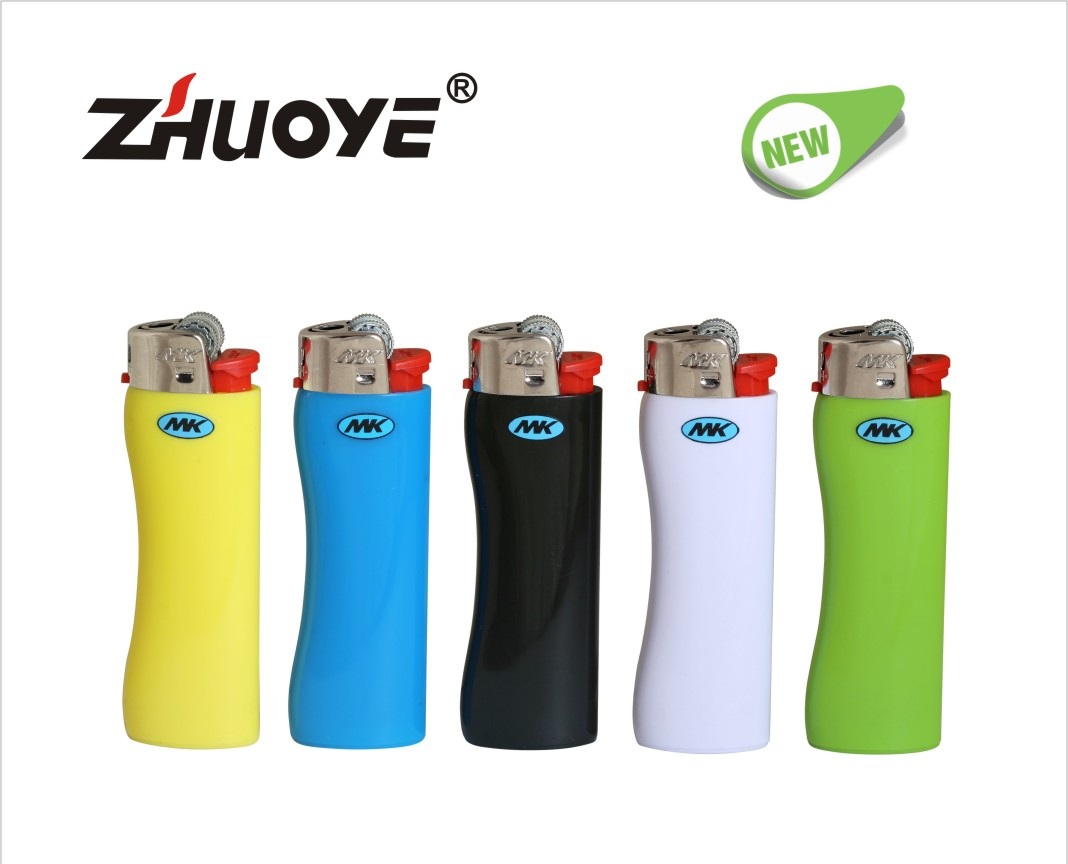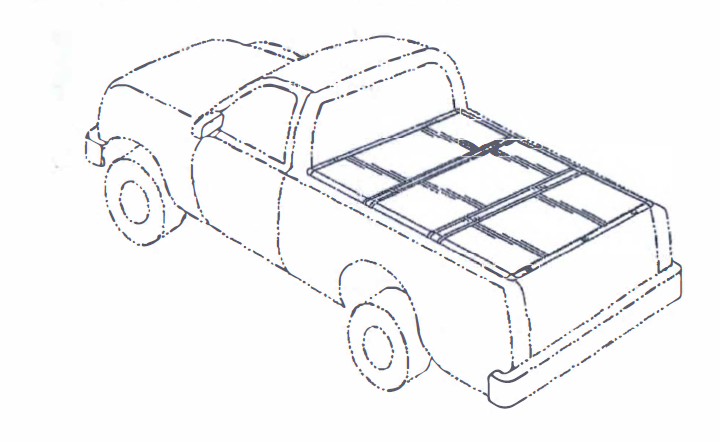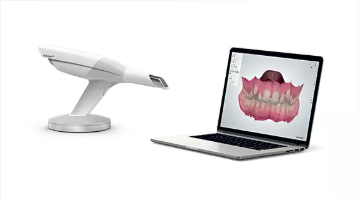Three New Complaints: Lighters, Truck Bed Covers, Dental Scanners
The ITC has received three new Section 337 complaints in December. If no more complaints are filed before the end of the year, the total number for 2018 will be 46. That number is quite a bit fewer than last year’s 63 but about even with the ten-year average of 47 per year since 2009.
Pocket Lighters
On December 6, BIC Corporation filed a complaint against six respondents that allegedly import lighters that infringe two registered trademarks for a lighter with an oblong eliptical shape. BIC is a French company that manufactures lighters in Europe, Brazil, China, and (importantly for its ITC complaint) Milford, Connecticut. The accused products are all imported from China.
Trademark cases are not very common at the ITC (about 2 per year), and rarer still are cases where a trademark infringement complaint is made without an accompanying allegation of patent infringement or other unfair act (about 1 every two years).
BIC is asking the ITC to issue a general exclusion order blocking importation of infringing lighters from all sources, not just the named respondents. They claim such an order “is necessary and appropriate to prevent circumvention of limited exclusion orders directed to products of Respondents.” As evidence, BIC notes that it “has filed multiple lawsuits over the course of several years,” and that one of the respondents opened a second U.S. subsidiary after its first one settled an injury lawsuit.
According to the complaint, BIC is also suing respondents in the Eastern District of New York for not only trademark infringement but also false designation of origin and unfair competition. The latter claims are not part of BIC’s ITC complaint; probably because Section 337 requires an extra showing of injury to the domestic industry for any unfair acts that are not statutory intellectual property claims.
Pickup Truck Folding Bed Cover Systems and Components Thereof
On December 7, Truck Hero filed a complaint through two of its subsidiaries, Extang and Laurmark. The complaint names eleven respondents, accusing each of infringing at least one of six patents and one of the respondents of also infringing two registered trademarks. The complaint also seeks a general exclusion order.
An interesting facet of this complaint is that Truck Hero has taken the unusual step of requesting preliminary relief in the form of a temporary exclusion order prohibiting importation of the accused products during the investigation.
The test for issuing a temporary exclusion order is essentially the same as the test for a preliminary injunction in district court. Truck Hero will have to show a likelihood of success on the merits, that it will suffer irreparable injury without immediate relief, that the injury is more severe than the harm a temporary exclusion order would cause for others, and that granting preliminary relief is in the public interest. Under standard procedures, the administrative law judge will make a determination on these factors within 90 days after the investigation is instituted.
Dental and Orthodontic Scanners and Software
On December 10, Align filed a new complaint against 3Shape for importing dental scanners that allegedly infringe five different patents. This is Align’s third complaint against the same products, for a total of seventeen patents asserted against 3Shape. The other investigations—Intraoral Scanners (Inv. 1090) and Color Intraoral Scanners (Inv. 1091)—are still pending before two different administrative law judges.
No stranger to the ITC, Align was also the complainant in Digital Models (Inv. 833), the highly publicized investigation leading to the Federal Circuit’s decision in ClearCorrect v. ITC. In that investigation, the Commission ruled in Align’s favor and found a violation of Section 337 based solely on the cross-border transmission of electronic data. ClearCorrect overturned the Commission’s determination, holding that Section 337’s 90-year-old provision concerning the “importation of articles” unambiguously refers only to physical goods and does not give the ITC the power to regulate the internet.












